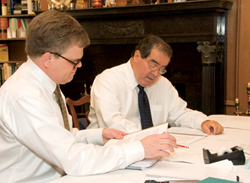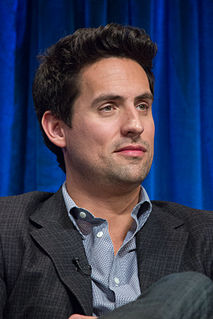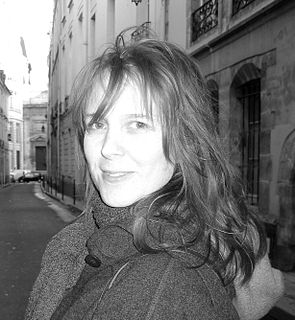A Quote by David Bowie
Radio in England is nonexistent. It's very bad English use of a media system, typically English use.
Related Quotes
A word about 'plain English.' The phrase certainly shouldn't connote drab and dreary language. Actually, plain English is typically quite interesting to read. It's robust and direct-the opposite of gaudy, pretentious language. You achieve plain English when you use the simplest, most straightforward way of expressing an idea. You can still choose interesting words. But you'll avoid fancy ones that have everyday replacements meaning precisely the same thing.
At every point I wished that I was born English. They need to make it colder in here. You could hang meat in this room. But, yeah...I grew up in a very English household. My folks were from Liverpool. I've said this before, but there is nothing more English than an Englishman that no longer lives in England.
I always thought that the location of this film [Girl In The Train] was on the train and inside her imagination, and her loneliness and her gaze out the window.Although it was set in England, it didn't feel to me like an overly English book. In terms of the use of cultural references, it was not extreme, so it was very simple to go from England to America in the adaptation.
Malcolm Bradbury made the point, and I don't know whether it's a valid one or not, that the real English at the moment is not the English spoken in England or in America or even in Canada or Australia or New Zealand. The real English is the English which is a second language, so that it's rather like Latin in the days of the Roman Empire when people had their own languages, but had Latin in order to communicate.




































